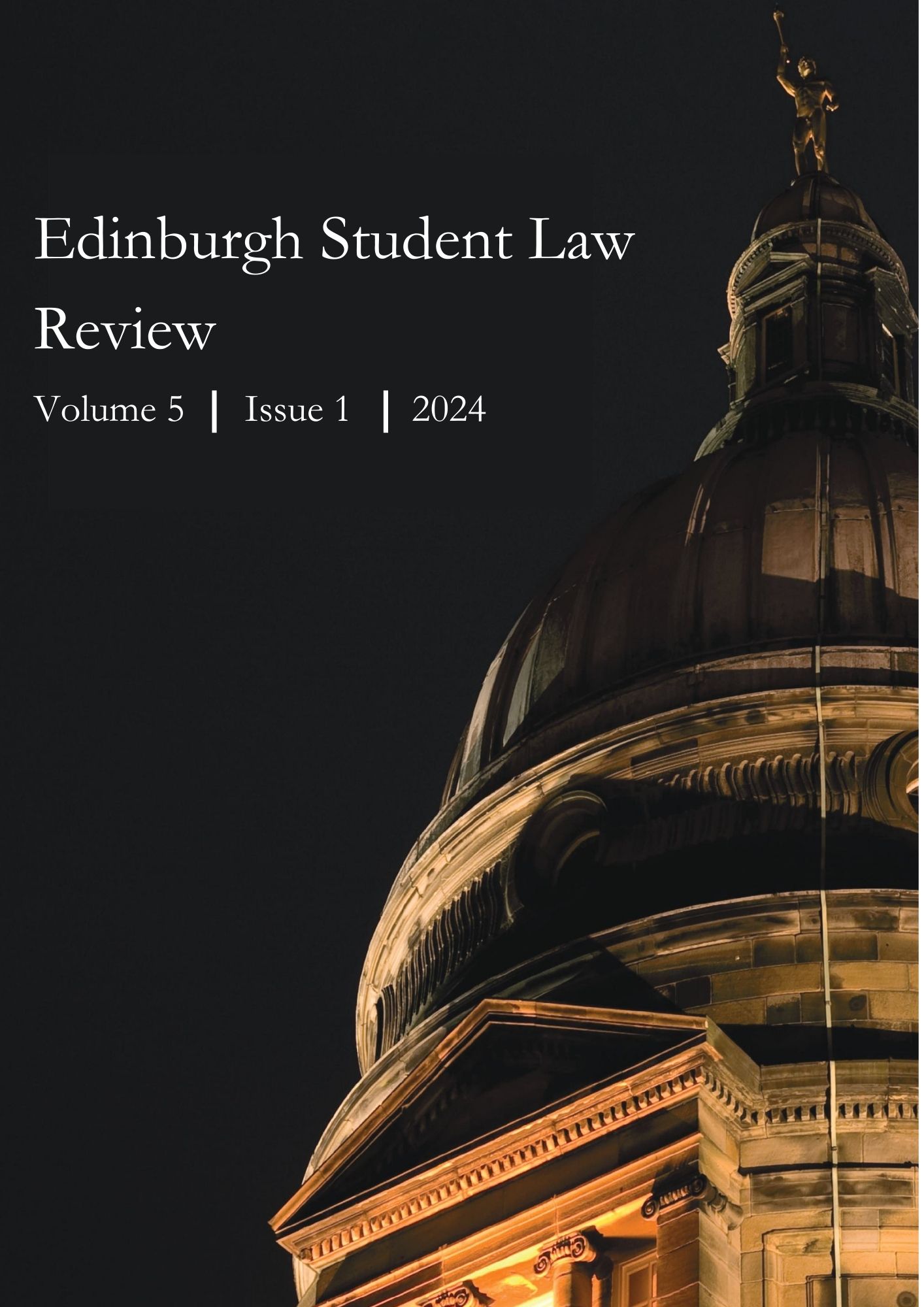A Critical Analysis on the Regulation and Sanctioning of Wrongful and Fraudulent Trading
Whether the System is Sufficient to Deter Directorial Misconduct in Trading
DOI:
https://doi.org/10.2218/eslr.2024.5.1.9703Abstract
This article will consider whether the current systems for regulating, and sanctioning wrongful and fraudulent trading is adequate to deter directors from committing such offences. Directors may be found liable for these offences if they continue trading after knowing or when they ought to have known that the company is insolvent or impending insolvency. During this time, their conduct may be investigated by an independent practitioner. Directors have a fiduciary relationship with their companies and thus owe various fiduciary duties to the companies. Such duties are regulated by the Companies Act 2006 and aim to prevent director malpractice such as wrongful and fraudulent trading. Wrongful trading, introduced as an extension of fraudulent trading, is a civil offence under Section 214 of the Insolvency Act 1986. Fraudulent trading, however, is both a civil offence under Section 213 of the Insolvency Act 1986, and criminal offence under Section 993 of the Companies Act 2006. The main element here is intention to defraud. Though a finding of fraudulent trading is less common nowadays since the introduction of wrongful trading, issues surrounding the subject is nonetheless present. When a director has been found liable of wrongful or fraudulent trading, they may be ordered by the court to contribute to the company’s assets. This amount is dependent on the loss caused by the director resulting from their offence, however, if they cannot provide the funds; creditors may be left improperly compensated. Additionally, liable directors may face disqualification. In conclusion, this paper will consider whether the current schemes are effective for the prevention of directorial misconduct in relation to wrongful trading and fraudulent trading.
Downloads
Downloads
Published
Issue
Section
License
Copyright (c) 2024 Xuan Mao

This work is licensed under a Creative Commons Attribution 4.0 International License.






